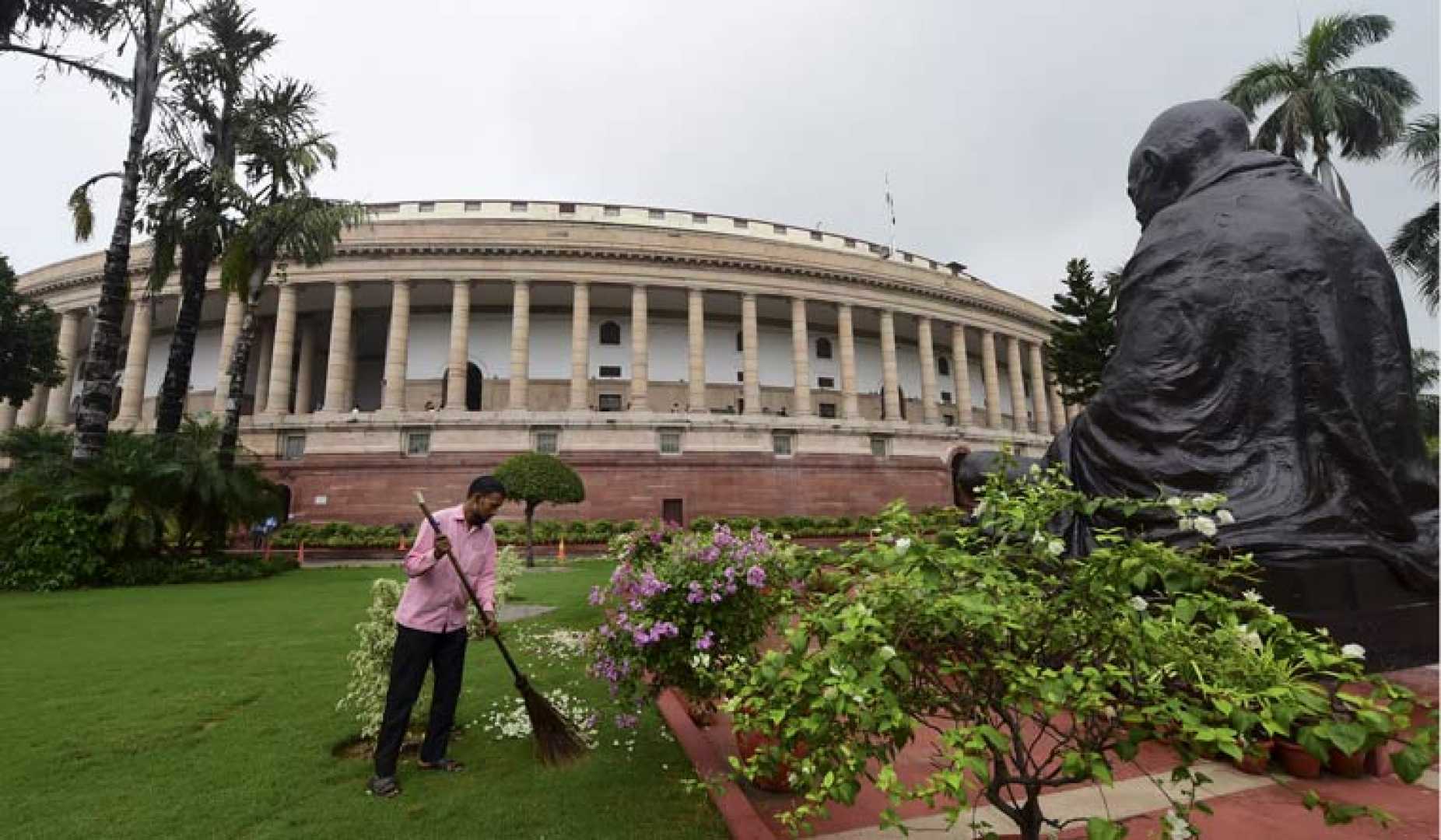Politics
Remembering Indrajit Gupta: The Father of Parliament

KOLKATA, India — Indrajit Gupta, a prominent communist leader and the longest-serving parliamentarian in independent India, is remembered today on the 24th anniversary of his death.
Gupta, who served in the Lok Sabha for 37 years, was elected 11 times and earned the title of ‘father of the house’ for his extensive tenure and skillful resolution brokering. As the first communist home minister, he was known for his candid criticism of government failures during his time in the United Front Government from 1996 to 1998.
Born on March 18, 1919, Gupta was raised in a family of distinguished civil servants. He pursued higher education in England, joining the communist movement while studying at Cambridge University. Upon returning to India in 1940, he became actively involved in trade unionism, particularly in Bengal’s jute mills.
“Whenever the House was in disorder of some sort, every section of the House looked to ‘the Father’ sitting in the corner,” said late CPI(M) parliamentarian Rupchand Pal. Gupta’s leadership was characterized by his eloquence and ability to restore order and foster dialogue.
Gupta faced significant hardships throughout his career, including imprisonment and underground work due to government crackdowns on communists. Despite these challenges, he remained loyal to the Communist Party of India (CPI) and is remembered for his fervent advocacy on behalf of workers’ rights and social justice.
He was a vocal supporter of gender equality, advocating for legislative measures to empower women as early as 1975. His speeches often centered around pressing social issues such as poverty, food scarcity, and healthcare inadequacies.
Gupta’s contributions extended beyond his parliamentary career; he published works addressing critical labor issues and national security. His commitment to the working class resonated with constituents, reflecting his dedication to their needs and aspirations.
Many political figures have paid tribute to Gupta’s legacy following his passing on February 20, 2001, after a battle with cancer. President K.R. Narayanan acknowledged Gupta as a “brilliant and veteran parliamentarian” whose work enriched parliamentary debates and highlighted the struggles of the underprivileged.
Prior to his death, Gupta lived modestly, preferring a humble flat over the spacious accommodations typically afforded to someone of his stature. His legacy lives on, celebrated by leaders from all political factions, underscoring his impact on India’s political landscape. A statue commemorating his contributions was unveiled in Parliament in December 2006, honoring his lasting influence on the nation.












